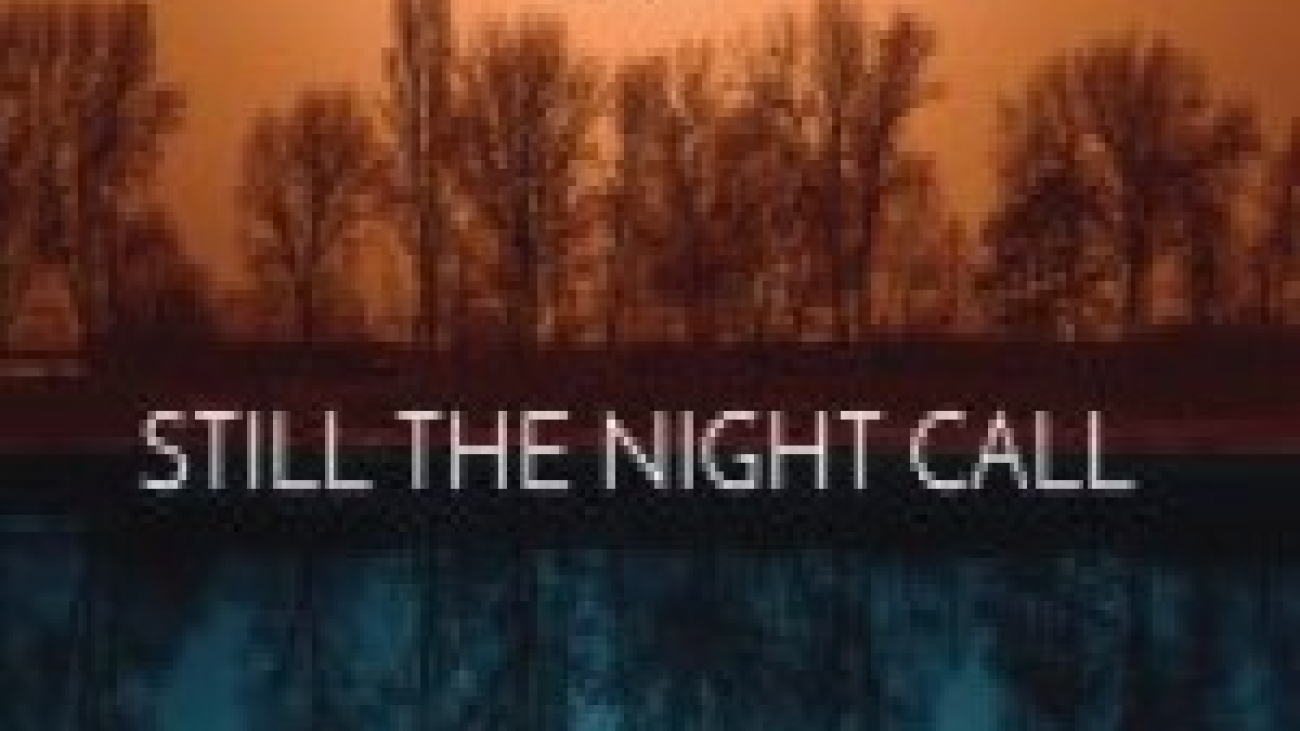Book Reviewed by Lisa Brown-Gilbert
Joshua Senter’s Still the Night Call traces a memorable and emotionally rending journey to self- realization, with a tale which rattles the heart and mind into giving pause and reflecting on how you may value your life and the world you live in. Purchase Here.
Told through the lens of central character Calem Honeycutt, a dairy farmer, whose whole life is centered around making a living through farming which he does mainly by helping his father work his farm. Moreover, at thirty-two years old, Calem is a man who has lost hope. A quiet man of few words, the narrative is fueled by his internal mentations, more so than his face- to-face interactions. Ultimately a bit of a loner, he does not often venture far from his life as a dairy farmer; however, for the most part, he seems to enjoy his life that way and sees his life as nothing worthier than that.
Immediately the curiosity is piqued when Calem, who comes across as an intelligent, determined and sympathetic character, seems convinced he is living his “last day”. Consequently, the story traces the events of his self-prophesied last day counting time down, to his final “night call”, a time known when your activity ceases to go to bed, but for his intents and purposes it would mean much more. As he lives out the hours of his last days he ruminates over his life’s events, experiences, and memories as well as comes across a life altering experience which would teach him the hardest lesson of all to value your life, live it your way no matter what is happening in your world externally.
Through Calem’s perspective, pessimism, doubt, and fears rear their ugly heads threatening farms and businesses as a contemporary world in flux steadily and mercilessly moves away from the conventions of small family-owned farms and businesses, especially the dairy farm as the demand for milk moves from conventional cow’s milk towards other alternative milks, making it difficult for them to make a decent living. Ultimately it is through Calem’s discussions, philosophies and internalized insights which reveal other catalysts to economic hardship, as the story interweaves real life elements concerning the current social, political, economic, and moral elements affecting the livelihoods of local dairy farmers, small businesses and the like.
Conclusively, I enjoyed Still the Night Call. I found myself enmeshed in this touching and dramatic story eager to follow Calem’s emotion rending journey towards his proposed night call. Overall, author Joshua Senter is simply an excellent storyteller. The story flowed seamlessly, with the articulate scenes presenting many instances of deep thought provocation centering on facts of contemporary life and how it affects and changes those that lead simple more community connected lives. Overall, this is not only a book which I recommend reading, but I believe wholeheartedly, would also make a fantastic movie.
